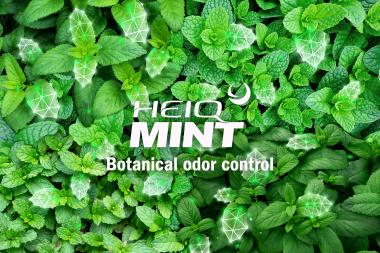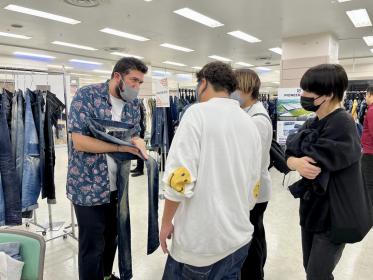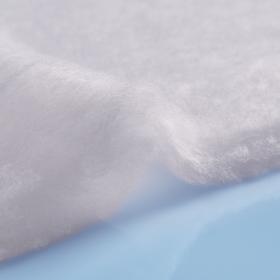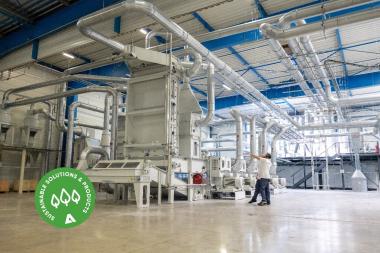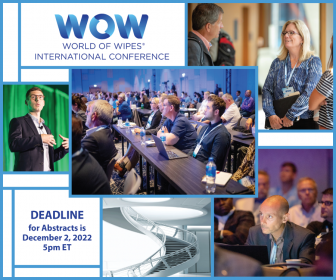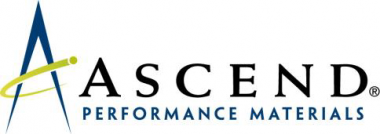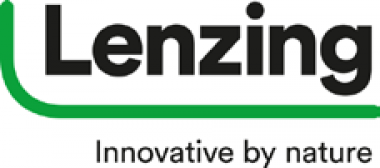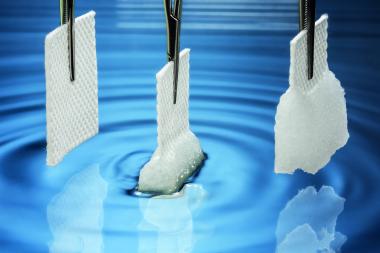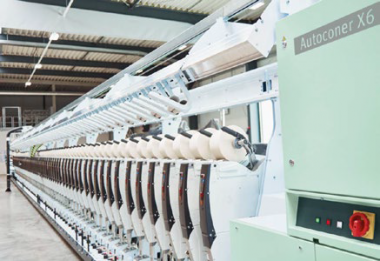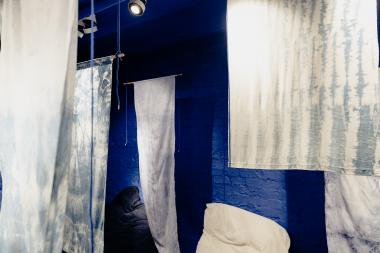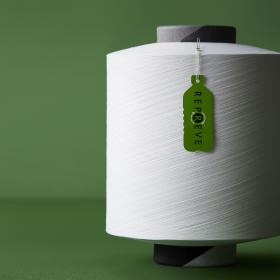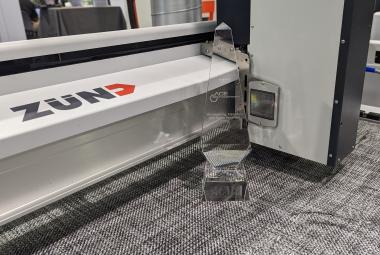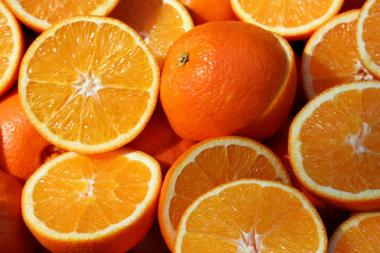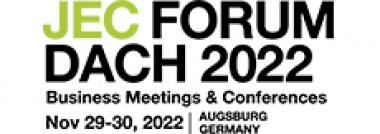HeiQ Mint: No more smelly socks or shirts
HeiQ takes advantage of its presence at ISPO Munich 2022, 28th-30th of November, to launch HeiQ Mint, the new proprietary odor control technology. It is plant-based and designed to make textiles smell fresh even if we use them repeatedly, avoiding the need for frequent washes, thus enabling to save water and energy.
HeiQ Fresh MNT-01, under the HeiQ Mint product family, jointly developed with Patagonia, addresses body odors on textiles and regenerates at every wash, with superior efficiency and durability that meets most end-use performance requirements, while keeping all the fabric properties such as breathability, hand feel, or wicking. This textile technology is OEKO-TEX® suited, bluesign approved, and ZDHC compliant, with a USDA bio-preferred certification in progress.
The product development tests were highly demanding, with HeiQ Mint standing out in comparison to the other two tested solutions. According to Laura Hoch, Patagonia’s Materials Innovation Engineer, “out of all the anti-odor technologies we tested, HeiQ Mint provided the highest odor control performance, with the added benefit of being plant-based. This innovation enables Patagonia to deliver our customers high-performing products made with the best available chemistry.”
Another advantage of HeiQ Mint is the ability to be applied and marketed worldwide, without the need for biocidal declaration on product labels, since it is based on a blend of essential mint oils and naturally derived deodorizing ingredients. HeiQ Mint is just Fresh by Nature.
It is ideal for next-to-skin products like sports apparel, underwear, linings, casual and business wear but also home textiles such as bed linen, pillow fabrics, or mattress textiles, both on cellulosic and synthetic fibers.
HeiQ


